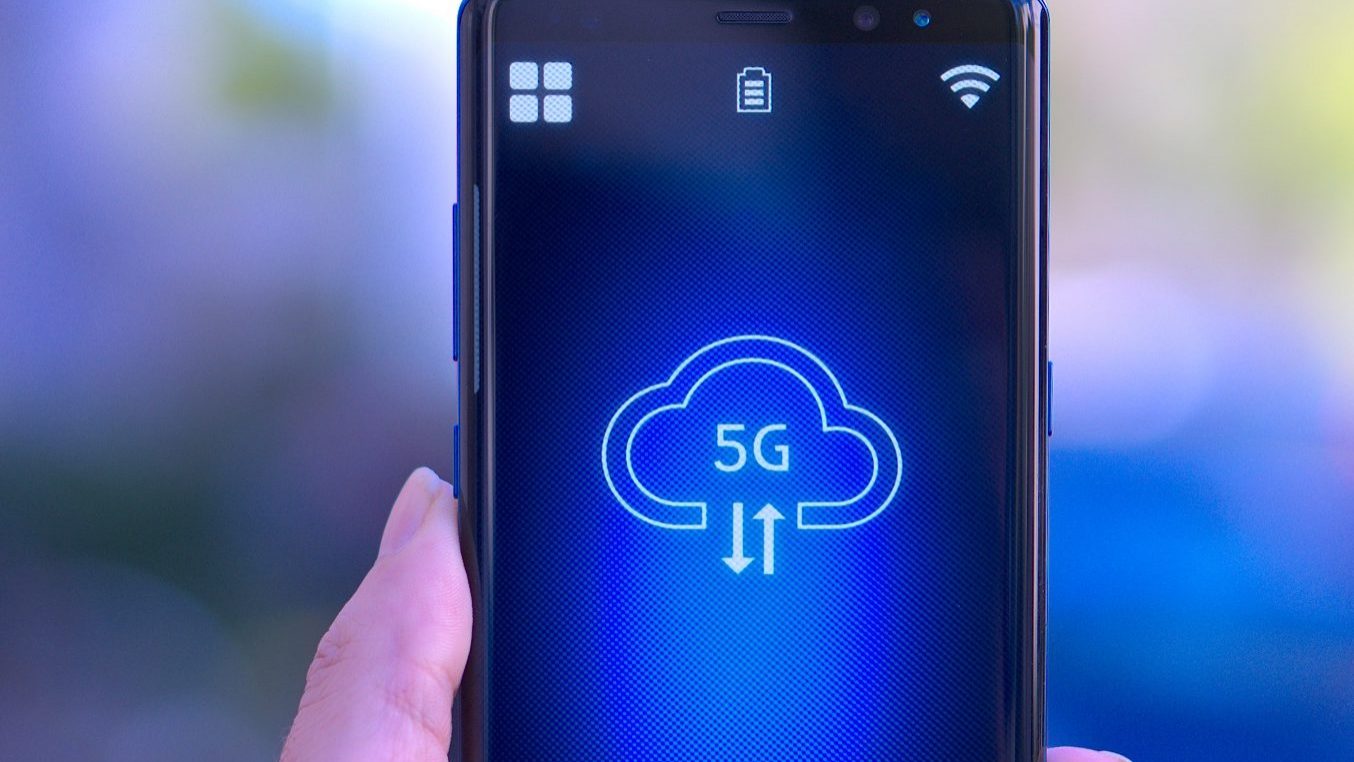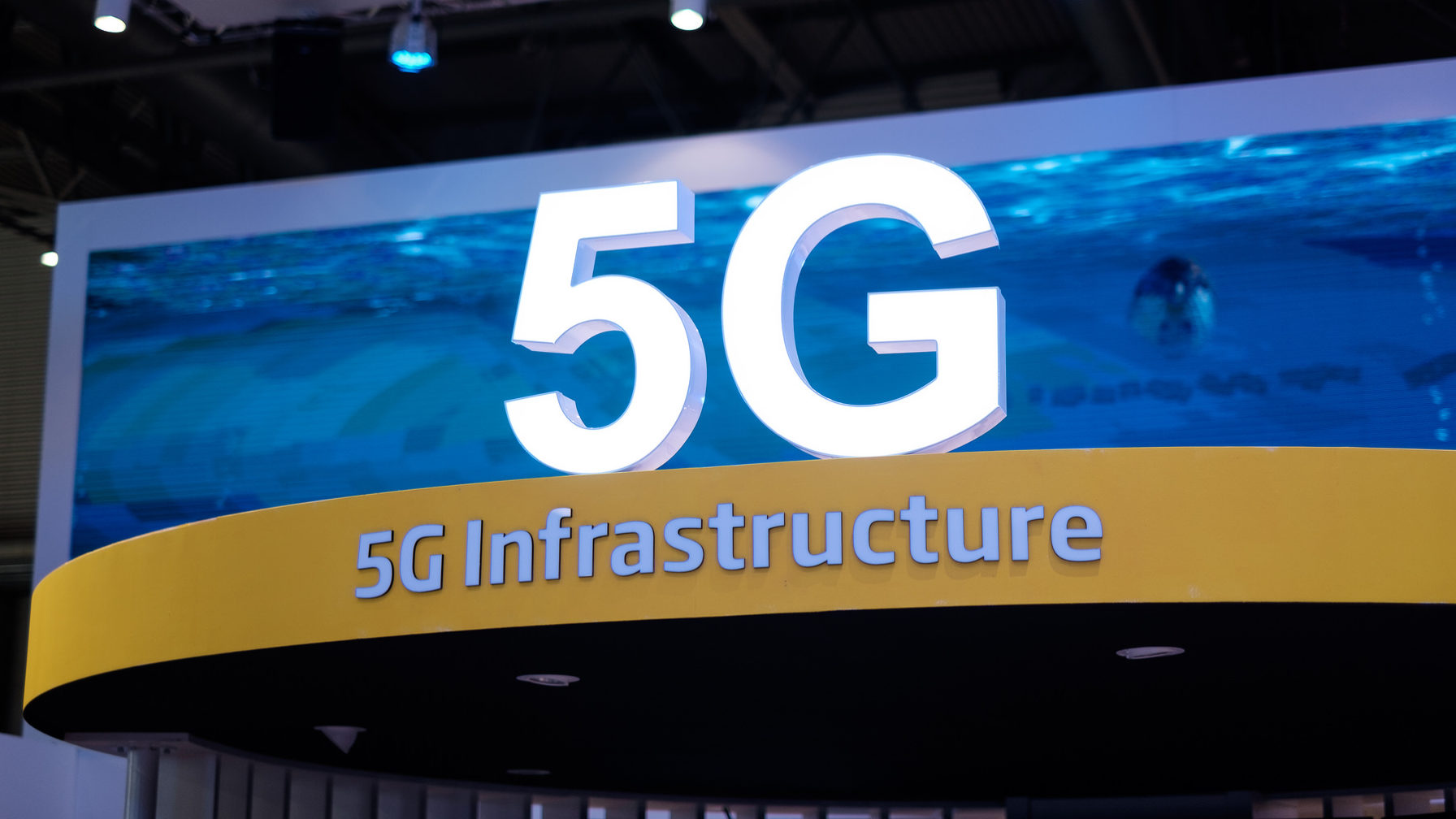Anti-trust authority wants to end telecom loyalty, promote 5G auction
The president of the Competition Authority in Portugal said that the end of loyalty periods must be considered.
Very similar prices and many complaints in telecommunications are a sign that the commercial dynamic is not working, and that the end of loyalty periods must be considered, the president of the Competition Authority in Portugal said on Tuesday in a parliamentary hearing.
“If there is a loyalty policy like the current one, there will be no interest from new competitors in the 5G auction,” which is scheduled for October and December, said Margarida Matos Rosa, at a hearing in the Economy, Innovation, Public Works and Housing commission.
The president of the Competition Authority (PCA), citing official data, reminded legislators that average spending on telecommunications is 700 euros per year per family, a figure she considered very high and which leads to a need to promote pressure on costs and quality of service.
It is essential to take advantage of the current moment, he said, after recalling that the telecommunications sector is one of the most important for the economy and families and that the process of digitalisation has become essential with the pandemic, working from home, online commerce and distance learning.
But the cost of these services is high compared to the rest of the European Union, which is a concern for the PCA, even before the 5G (fifth mobile generation auction), which was halted because of the pandemic and was recently relaunched for the end of the year.
The PCA reminded parliamentarians of the recommendations, sent at the end of last year to the government, regarding 5G rules that allow the entry of new operators, loyalty that creates barriers to consumer mobility and prevents effective competition, advocating a reserve of spectrum in the bands of the 5G most interesting and if possible with final discount.
“If there is not an auction that allows new entrants this will remain so and we must do something,” she said, advocating the creation of legislative conditions that allow new entrants and also that parts of the 5G spectrum should be reserved for new entrants.
About a month ago, also in the parliamentary committee of Economy, Innovation, Public Works and Housing, about competition in the telecommunications sector and consequences in the implementation of 5G, the president of the National Communications Authority (Anacom), João Cadete de Matos, said that Portugal compares badly with other countries not only regarding prices but also regarding the number of operators.
João Cadete de Matos argued before parliamentarians that the auction for the allocation of 5G licences is an opportunity to break down barriers that exist in the sector, namely the entry of new operators


